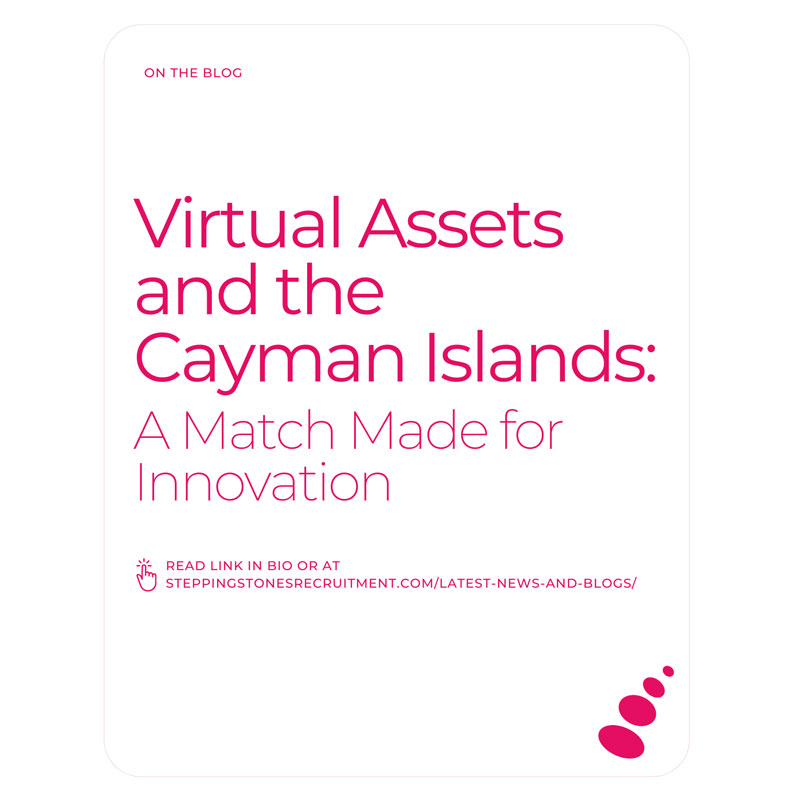
Virtual Assets and the Cayman Islands: A Match Made for Innovation
What’s a VASP
Virtual Asset Service Providers (VASPs) are businesses that facilitate various services related to virtual assets, such as digital trading platforms, virtual asset custody services, and exchange services. These companies play a pivotal role in the virtual asset ecosystem by enabling the exchange, storage, and management of digital assets such as cryptocurrencies and tokens. The scope of VASPs can include firms offering custody solutions, brokers, digital exchanges, and other intermediaries in the virtual asset market. As the industry continues to grow, the regulatory landscape has become more stringent to ensure secure and compliant operations, with jurisdictions around the world introducing new licensing and regulatory frameworks for VASPs.
Why the Cayman Islands is a Favorable Market for VASPs
The Cayman Islands has become a highly attractive jurisdiction for fintech firms, including VASPs, for several reasons:
- Business-Friendly Environment: The Cayman Islands is known for its innovative and business-friendly approach, making it an ideal hub for virtual asset services. With a strong regulatory framework and a track record of supporting emerging industries, it has become a preferred destination for companies in the Web3, AI, blockchain, and fintech sectors.
- Special Economic Zones: Cayman’s Special Economic Zones (SEZs) provide numerous advantages for businesses in the virtual asset space. These zones offer fast-tracked business setups, simplified work permit processes, and incentives such as tax benefits, enabling fintech companies to establish and scale operations quickly. Firms within these zones can receive five-year work permits, relaxed local trade licenses, and help with office space allocation. This attractive package also allows companies to be operational within four to six weeks.
- Tax Neutrality: The Cayman Islands is a tax-neutral jurisdiction, which means that fintech companies, including VASPs, are not subject to any direct taxes. Additionally, there are no specific tax laws or regulations governing digital assets, making it an even more appealing option for global firms looking for an efficient and cost-effective regulatory environment.
Risks That Could Impact Further Growth of the Virtual Asset Market in the Cayman Islands
Despite its many advantages, there are several risks that could affect the growth of the virtual asset market in the Cayman Islands:
- Regulatory Changes in Onshore Jurisdictions: The global regulatory landscape for VASPs is continuously evolving. Notably, changes to regulations in onshore markets such as the United States, which could reduce regulatory burdens for fintech, might lessen the demand for offshore structures like those in the Cayman Islands. If onshore jurisdictions create more favorable conditions for VASPs, this could lead to less attraction to offshore markets, potentially reducing the Cayman Islands’ competitive edge as a hub for virtual asset businesses.
- Talent Shortages and Competition for Skilled Workers: A significant challenge for the fintech sector in the Cayman Islands is the availability of skilled talent, especially in critical areas such as cybersecurity, artificial intelligence, and software engineering. There is increasing competition for top-tier professionals, not only within the Cayman Islands but also with other expatriate-friendly jurisdictions that offer attractive living and working conditions. The ability to attract and retain talent in these highly specialized fields will be crucial for the continued success and expansion of the virtual asset industry in the jurisdiction.
- Compliance with the VASP Act and Licensing Requirements: With the updated VASP Act coming into effect on April 1, 2025, businesses providing virtual asset custody services or operating digital trading platforms in the Cayman Islands must apply for a VASP license from the Cayman Islands Monetary Authority (CIMA). This includes companies that are currently registered but will need to undergo a more rigorous licensing process as part of Phase 2 of the VASP regime. Any company failing to comply with this new licensing requirement risks having its registration canceled. While this framework strengthens regulatory oversight, it could also impose additional burdens on existing businesses, potentially hindering the speed of market entry for new players.
Fintech Talent Development Strategies in Cayman
As the fintech sector continues to expand and evolve, the availability of skilled talent becomes crucial. For digital assets and trading companies, there are gaps in local talent available in areas such as cybersecurity, blockchain development, AI and Data Science. As the demand for talent increases, Cayman Islands must take action to develop these areas, with particular focus on Caymanian talent. Potential strategies include:
- Local Education and Training Initiatives: Partnering with educational institutions to offer specialized programs in blockchain, AI, cybersecurity, and software engineering. This would help build a pipeline of local talent with the skills needed to support the growing fintech and virtual asset market.
- Internships & Mentorship programmes: Offering young professionals the chance to gain practical experience allows businesses to develop a pipeline of local talent. This approach not only helps VASPs identify potential candidates for junior roles but also provides an opportunity to upskill them, ensuring they are prepared for long-term career growth within the organization.
Sources
- Overview of Fintech laws and regulations in Cayman 2025
- A guide to blockchain and cryptocurrency regulation 2025: Cayman Islands (GLI chapter)
- Snapshot of Recent Updates to the Virtual Assets Regime in the Cayman Islands

